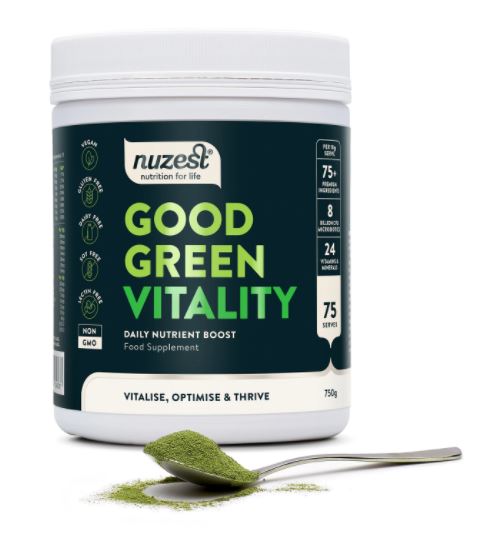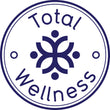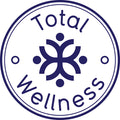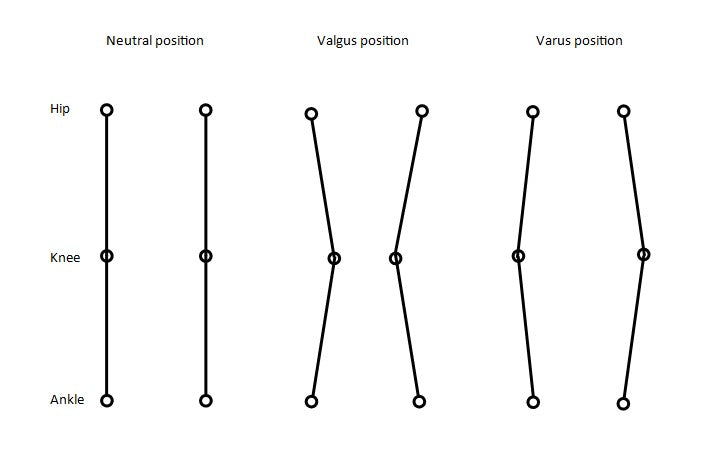🧠 What Are Omega‑3 Fatty Acids?
Omega‑3 polyunsaturated fatty acids (PUFAs), including EPA (eicosapentaenoic acid), DHA (docosahexaenoic acid), and ALA (alpha-linolenic acid), are essential nutrients—our bodies can’t produce them in sufficient amounts. They play crucial roles in cell membranes, inflammation modulation, and neurological function (reddit.com).
❤️ Heart & Vascular Health
1. Cardiovascular Event Reduction
A meta-analysis of 13 randomized controlled trials (127,477 participants) found that marine omega‑3 supplementation significantly reduced risks of myocardial infarction, coronary heart disease (CHD) death, total CHD, cardiovascular disease (CVD) death, and total CVD (pubmed.ncbi.nlm.nih.gov).
2. Dose-Dependent Protection
Analysing 38 RCTs (149,051 participants), researchers found EPA (alone) was more effective than EPA+DHA in reducing cardiovascular mortality, non-fatal myocardial infarction, CHD events, major adverse cardiovascular events (MACE), and revascularization (pubmed.ncbi.nlm.nih.gov). Another meta-analysis of CAD patients (29,913 individuals) showed reduced all-cause death, cardiovascular death, MI, revascularization, sudden cardiac death, and heart failure hospitalization (sciencedirect.com).
3. Vascular Death
A separate analysis of 20 trials (>63,000 participants) reported omega‑3s reduced vascular death (RR=0.86), though total mortality and combo cardiovascular events showed no significant effect (ahajournals.org).
4. Coronary Events
A systematic review (21 studies) showed a ~10 % drop in cardiovascular events, 9 % lower cardiac death, and 18 % fewer coronary events; total mortality showed a non-significant 5 % decrease (cambridge.org).
5. Blood Pressure
A dose‑response meta-analysis (71 trials) found 2–3 g/day of EPA+DHA significantly lowered systolic (~2.6 mmHg) and diastolic (~1.7 mmHg) blood pressure, especially in hypertensive and older individuals (reddit.com).
🧠 Brain & Mental Health
Cognitive Aging & Dementia
DHA is vital for brain and retinal health, maintaining neural cell membranes, and supporting cognition. Regular DHA intake has been linked to better memory and lower Alzheimer’s risk (ncbi.nlm.nih.gov).
Depression
A meta-analysis of 26 studies (2,160 participants) found EPA-rich omega‑3s (≥ 60 % EPA, ≤ 1 g/day) significantly reduced depression scores (SMD ≈ –0.50) (reddit.com). Mechanistic studies also show EPA/DHA convert into anti-inflammatory lipid mediators linked to improved depression (reddit.com).
🦴 Muscle, Inflammation & Anti‑Tumor Effects
Muscle Mass in Elderly
In older adults, ≥ 2 g/day of omega‑3 for >6 months modestly increased muscle mass (~0.67 kg) and improved walking speed (~1.78 m/s) (reddit.com).
Anti‑Inflammatory Action
Omega‑3s inhibit pro-inflammatory cytokines (e.g., TNF‑α, IL‑1, IL‑6), promote resolving molecules (resolvins, protectins), modulate transcription factors (NF‑κB, PPARs), and regulate GPR120—a multi-layered suppression of chronic inflammation (ncbi.nlm.nih.gov).
Anti‑Cancer Potential
Preclinical research shows omega‑3s may suppress tumor growth in various cancers by modulating metabolism and inflammation pathways (ncbi.nlm.nih.gov).
🧩 Summary Table
| Benefit | Evidence |
|---|---|
| Cardiovascular protection | Multiple meta-analyses show reduced MI, CHD and vascular deaths, especially with marine omega‑3s and EPA-dominant formulations (pubmed.ncbi.nlm.nih.gov) |
| Blood pressure lowering | 2–3 g/day yields ~2‑mmHg systolic and ~1.7‑mmHg diastolic reduction |
| Cognitive and depression support | DHA supports brain health; EPA-rich omega‑3s improve depressive symptoms |
| Muscle mass retention | ≥ 2 g/day for seniors increases muscle mass and walking speed |
| Broad anti-inflammatory & potential anti-cancer effects | Biochemical and animal studies support multiple mechanisms |
✅ Practical Takeaways & Dosage
-
Heart and vessel health: Aim for 1–4 g/day of marine EPA+DHA, ideally in prescription-grade form for high-risk individuals under medical supervision.
-
General health & cognitive support: A minimum of 250–500 mg EPA+DHA from diet or supplements is a good baseline.
-
Muscle & inflammation: Higher doses (≥ 2 g/day) over months may help muscle preservation, especially in older adults.
-
Always consult a healthcare professional—doses >3 g/day may elevate bleeding or atrial fibrillation risks, particularly in vulnerable individuals (reddit.com).
🔚 Conclusion
Omega‑3 essential fatty acids (especially EPA and DHA) offer strong scientific support for cardiovascular protection, cognitive health, mood regulation, muscle preservation, and anti-inflammatory actions. Their benefits are dose-dependent and formulation-sensitive—highlighting the importance of high-quality, clinically validated supplements. Use under medical guidance ensures safety and optimal results.
This article is for informational purposes only and should not replace professional medical advice.








